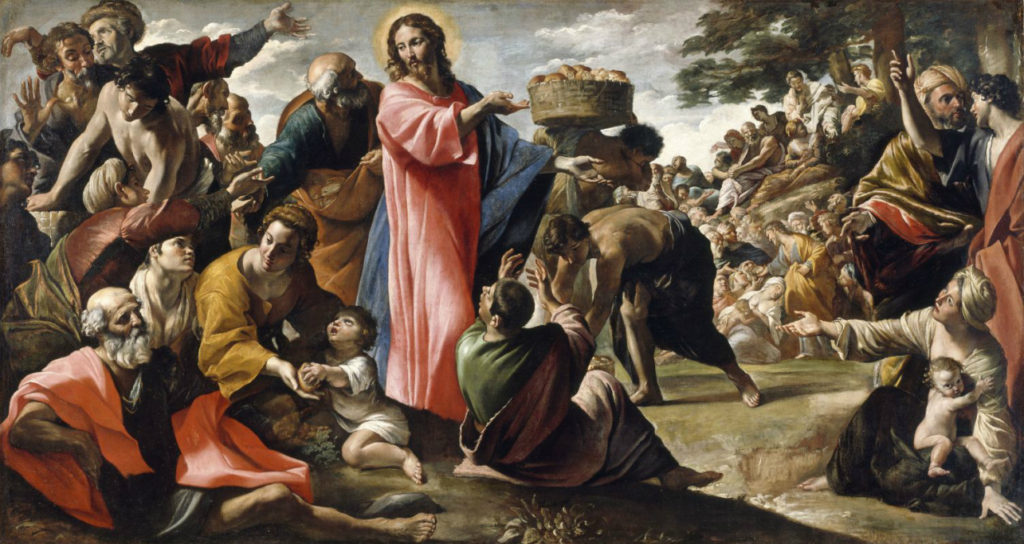Continuing my series on Recommended Books, here is why I chose Miracles by C.S. Lewis.
[featured-image single_newwindow=”false”]
This book builds upon the theme of “Inquiry,” where we are exploring topics that introduce a person into the truth, beauty and goodness of the Christian faith. In Miracles, we explore the phenomenon of “miracles” and dive into the philosophical basis for their existence.
Miracles is a bit more of a complex read than what I have already presented. It is a book that is written for the average person, but requires great attention while reading it. In other words, Miracles is a book that challenges your intellect and reason, but by the end of it, rewards you with a greater appreciation of the miraculous.
Here is the description from the publisher:
Do miracles really happen? Can we know if the supernatural world exists? “The central miracle asserted by Christians is the Incarnation. They say that God became Man. Every other miracle prepares the way for this, or results from this.” In Miracles, C. S. Lewis takes this key idea and shows that a Christian must not only accept but rejoice in miracles as a testimony of the unique personal involvement of God in creation. Using his characteristic warmth, lucidity, and wit, Lewis challenges the rationalists and cynics who are mired in their lack of imagination and provides a poetic and joyous affirmation that miracles really do occur in everyday lives.
In the classic Miracles, C.S. Lewis, the most important Christian writer of the 20th century, argues that a Christian must not only accept but rejoice in miracles as a testimony of the unique personal involvement of God in his creation.
C.S. Lewis sets out to challenge the skeptic that we must logically believe in the existence of the supernatural. According to Lewis, there are simply too many things that defy the natural course of scientific inquiry. They can not be explained by science and entail the existence of a God who intervenes and suspends nature for a moment, resulting in a miracle.
Lewis presents this philosophical subject in an entertaining way, injecting it with his humor and wit, making Miracles an enjoyable read, even though it is not a “light” read at all. It helps form the mind and leads the reader to look at the world differently, recognizing the beauty of the miraculous.
This is a great preparation for the Gospel message, as it shows how the world is so much more than meets the eye and is not simply a collection of random events that do not mean anything. Lewis helps the reader understand that faith and reason are not opposed to each other, and can lead a person into a greater love of God.
I recommend this book to anyone who wants to delve deeper into philosophy and understand a reasonable argument for the existence of God.


